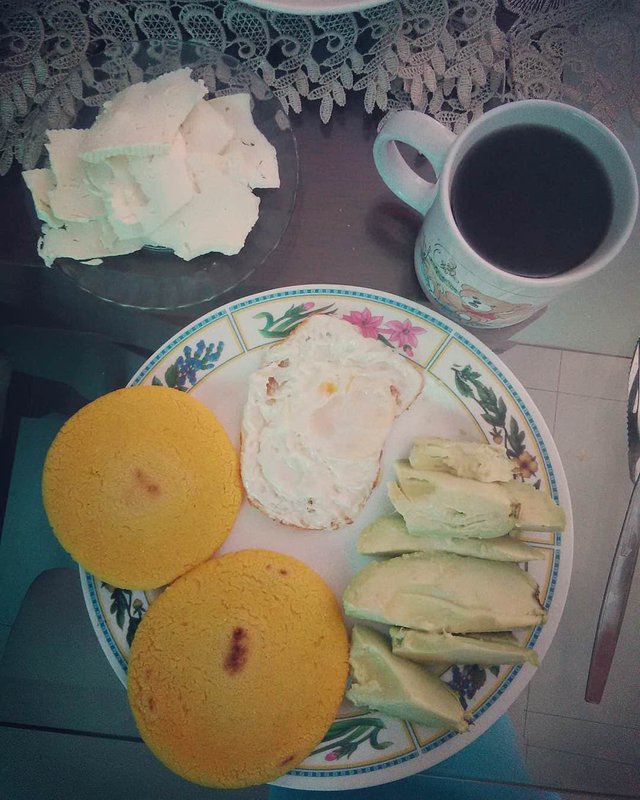The magic of the palate: the Venezuelans and their unrestricted love for the arepa

I had the experience of living abroad, specifically in the city of Ibarra, Ecuador. I was not unpacking my suitcase when I was already shopping at the store for my respective "bread flour" package. Technically it is pre-cooked cornmeal and the one with which it is made, among several dishes, one of the most typical of my country Venezuela: the arepa.
On several occasions, Ecuadorian friends came to ask me what I had for breakfast or dinner and my frequent response: Arepa! So frequent that one day somebody asked me if we, Venezuelans, did not get tired of eating all the time arepas. The immediate response was: of course not! But in the same way (and as is typical of me) I was thinking about a more sustained answer.
How can we tire if from the womb, through the amniotic fluid, we are eating arepa? Then, through the breast milk! and when we start to try solid foods, the first thing that the pediatrician indicates is: "give arepa dough to the little boy with butter and cheese". The cycle is never ending.
For us, eat arepa, simply taste like "mom", the warmth of home, family. It is superhuman to smell an arepa roasting because it smells of Venezuela, it connects us with the roots. This leads me to remember when I saw the movie Ratatouilleby Pixar Animation Studios and Walt Disney Pictures which evokes the story of Remy, a rat with a sophisticated palate whose dream was to become a chef. In this film, the most feared food critic of all time, comes to a restaurant that had become famous, as he heard, the chef (who was Remy, a rat who cooked covert after a human being) made dishes that left your diners breathless. The waiter approaches and asks the critic with incredible fear what his order would be, to which he responds with incredible astuteness "tell the chef to surprise me". Wow ... the waiter comes shaking and gives the message to the chef.
What did Remy do? It occurs to him to elaborate a Ratatouille. Anyone could say that it was a dish more than ordinary, not at all worthy to impress the most feared food critic of all France. To everyone's surprise, at the first bite, the critic went into such shock, that even his fork fell to the floor. The reason? As a child the implacable critic suffered from bullying by his schoolmates. For that time, there was no better remedy in the world to repair his heart sore and sad than the Ratatouille of his mother.
Savoring the apparently "ordinary" dish that emulated one of the flavors of his childhood, made him transport himself to moments of incredible happiness through the expression of his mother's love. The simple and ordinary became seconds in wonderful and incredible. This is how we feel so many Venezuelans with our arepas, and thus, every citizen of the world with their typical dishes. That's the magic that the palate has.
Now those who are miles away from home, make arepas, I mean, knead them, roast them and sit down to eat them, it becomes a kind of ritual. A group of Venezuelans abroad sitting at the table, tasting some arepas, is looking into each other's eyes and thinking at the same time "Thank you God for bringing my motherland to my table”

Long live the arepa!
How many Venezuelans identified?


que rico ... no hay como una arepa
Nada se compara a la típica con mantequilla y queso! Saludos!
ummm claro que si buenisima, saludos
This post has been found valuable and upvoted by El surtidor